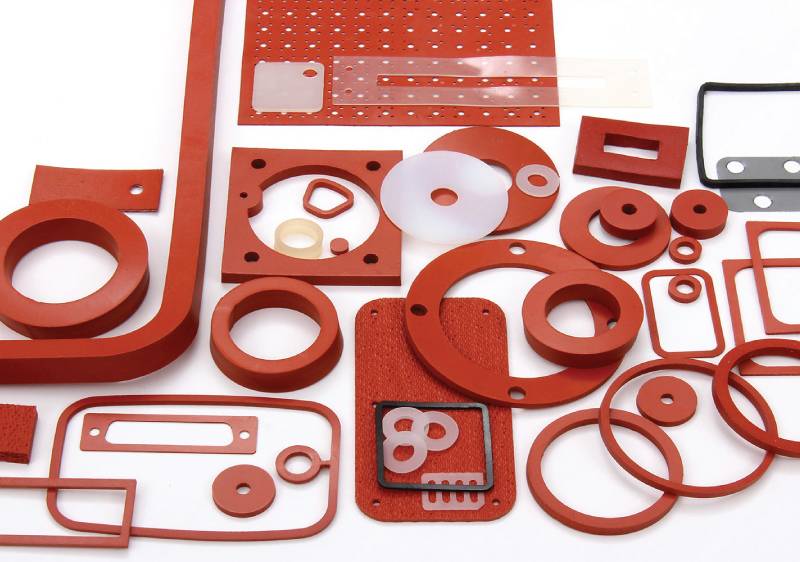Silicone: A Guide to Production, Uses and Benefits

Silicone is a versatile material with a wide range of uses. It is made from silicon and oxygen, and is a type of polymer. Silicone is known for its durability, flexibility, and resistance to heat and chemicals. It is also non-toxic and hypoallergenic, making it a safe choice for many applications.
Production
Silicone is produced by a process called polymerization. In this process, silicon and oxygen are combined to form long chains of molecules. These chains are then cross-linked, which gives silicone its strength and flexibility.
Uses
Silicone is used in a wide variety of applications, including:
- Construction: Silicone is used in caulking, sealants, and adhesives. It is also used in roofing materials, weatherstripping, and gaskets.
- Electronics: Silicone is used in electronic components, such as capacitors, resistors, and transistors. It is also used in insulation and gaskets.
- Medical: Silicone is used in medical devices, such as implants, prosthetics, and tubing. It is also used in wound dressings and creams.
- Cosmetics: Silicone is used in cosmetics, such as eyeliner, mascara, and foundation. It is also used in hair products, such as shampoo and conditioner.
- Other: Silicone is used in a variety of other applications, such as cooking utensils, food packaging, and sports equipment.
Benefits
Silicone offers a number of benefits, including:
- Durability: Silicone is a very durable material that can withstand a wide range of conditions.
- Flexibility: Silicone is a flexible material that can bend and stretch without breaking.
- Heat resistance: Silicone can withstand high temperatures without melting.
- Chemical resistance: Silicone is resistant to a wide range of chemicals.
- Non-toxic: Silicone is non-toxic and safe for use in food and medical applications.
- Hypoallergenic: Silicone is hypoallergenic and safe for people with sensitive skin.
Conclusion
Silicone is a versatile material with a wide range of uses. It is durable, flexible, heat resistant, chemically resistant, non-toxic, and hypoallergenic. These properties make silicone a safe and reliable choice for many applications.



